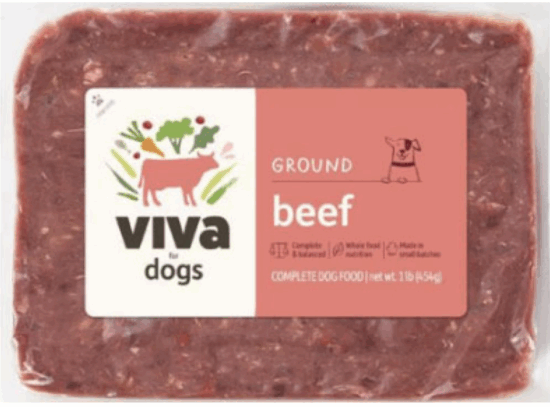German officials have revealed a rare type of E. coli is responsible for a serious outbreak in the country.
The National Reference Center (NRZ) for Salmonella and other bacterial enteritis pathogens at the Robert Koch Institute (RKI) said identification of the outbreak strain enables better evaluations of survey results and a precise attribution of cases.
The outbreak strain is E. coli O45:H2 and is rare in Germany. From January 2015 to June 2025, the NRZ detected only 13 strains of this serovar among 10,633 analyzed samples. These isolates are not genetically closely related to the current outbreak strain.
An announcement on the type of E. coli shows it is different than the E. coli O157 incident also ongoing in Belgium.
Source still unknown
Since mid-August, 45 E. coli infections have been reported in Germany including 12 hemolytic uremic syndrome (HUS) cases. HUS is a clinical syndrome related to E. coli, which can lead to kidney failure, brain damage and death.
Patients include 16 children aged between 1 and 15 years old, as well as six adults. Patients have been reported from several parts of the country including Bayern, Berlin, Mecklenburg-Vorpommern, Vorpommern-Greifswald, and Vorpommern-Rügen.
The Mecklenburg-Vorpommern State Office for Health and Social Affairs (LAGuS) said patient samples are being tested to see how many belong to the outbreak. At least seven stool samples related to the outbreak have been identified.
The Vorpommern-Rügen district has 14 laboratory-confirmed cases, affecting 12 children and two adults. Seven sick people live in the district, while seven others were on vacation and came from different federal states.
The source remains unclear. Interviews with patients and their relatives have not yet revealed any concrete evidence of contaminated food or other causes of infection. These efforts are ongoing.
RKI is in contact with local authorities in Mecklenburg-Western Vorpommern as well as national agencies such as the Federal Office of Consumer Protection and Food Safety (BVL) and Federal Institute for Risk Assessment (BfR).
(To sign up for a free subscription to Food Safety News, click here)



